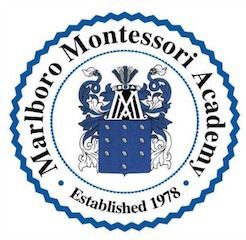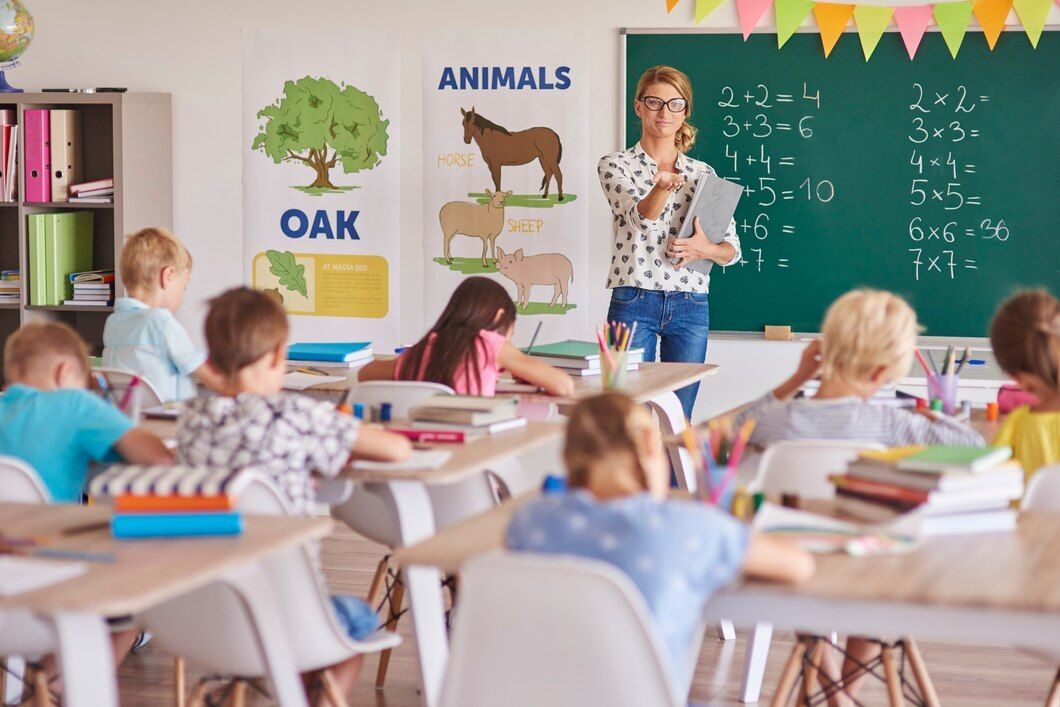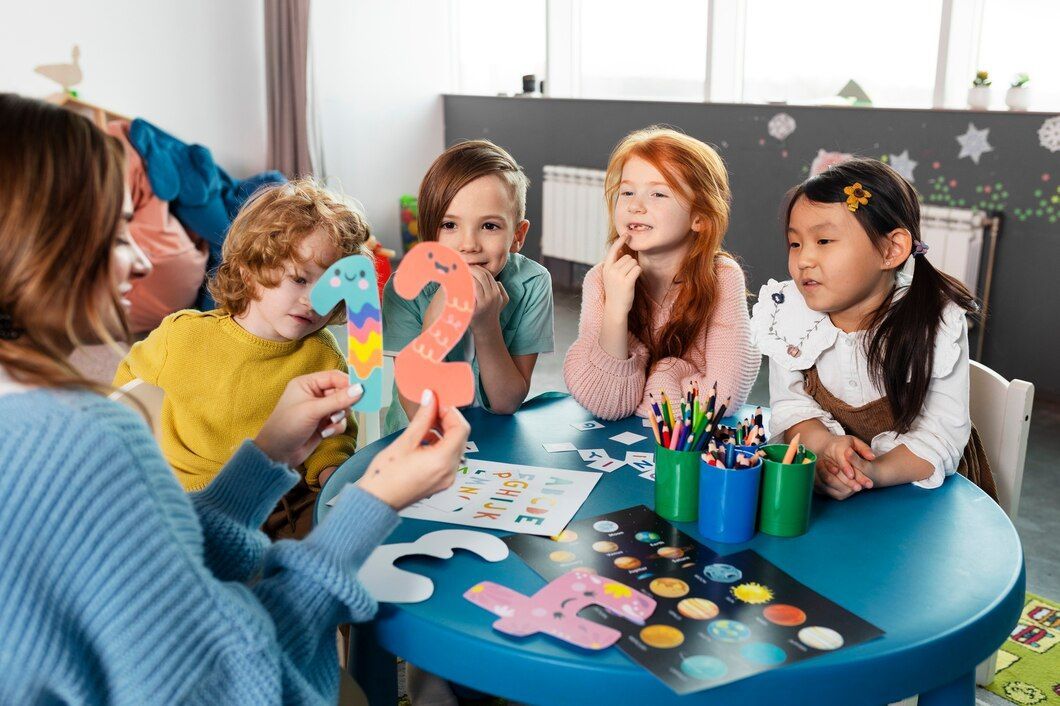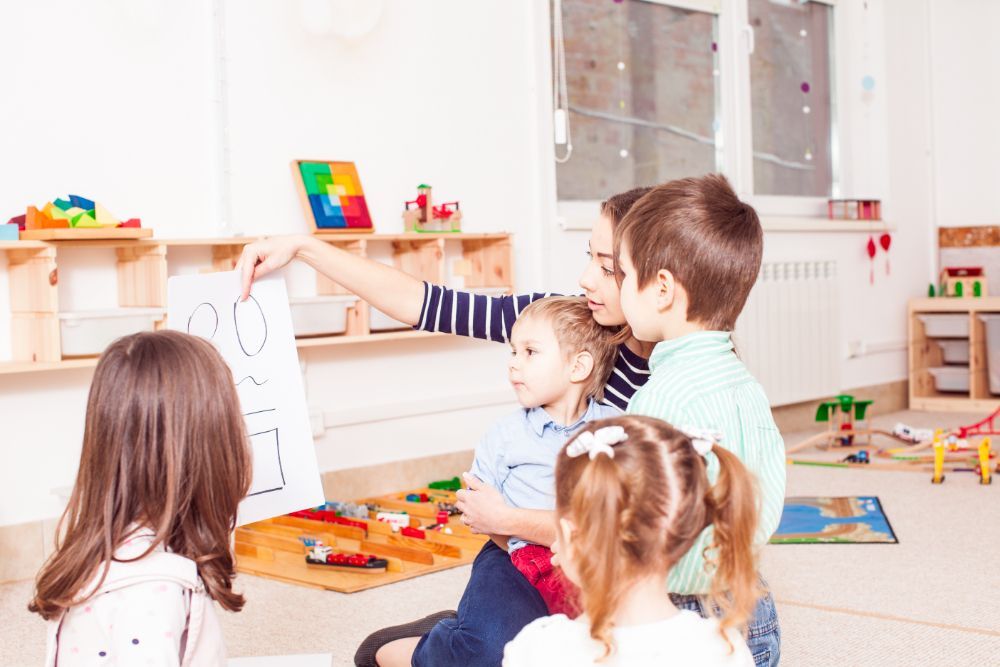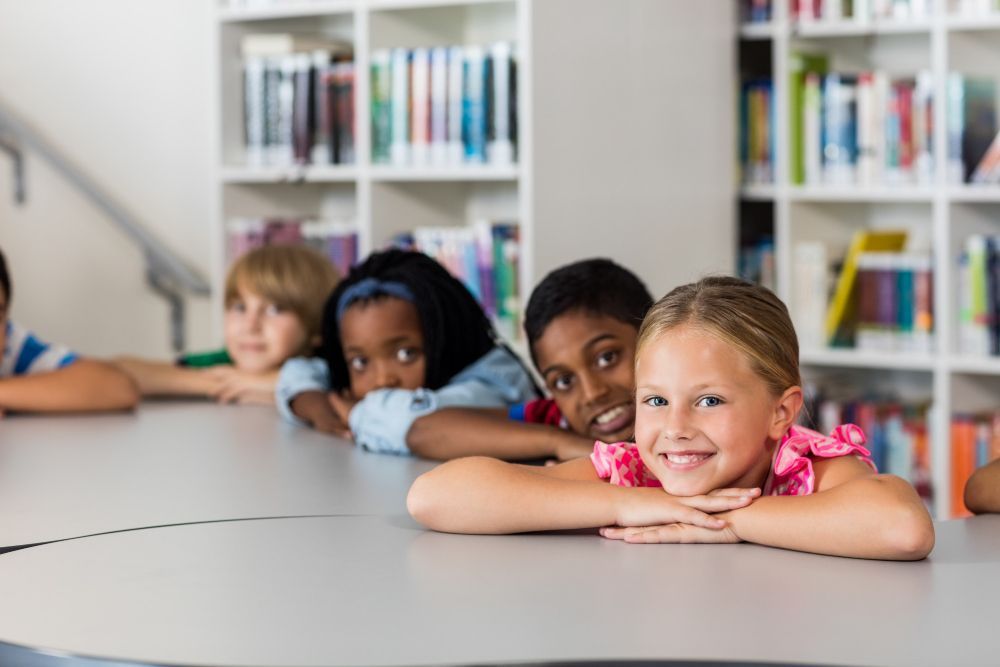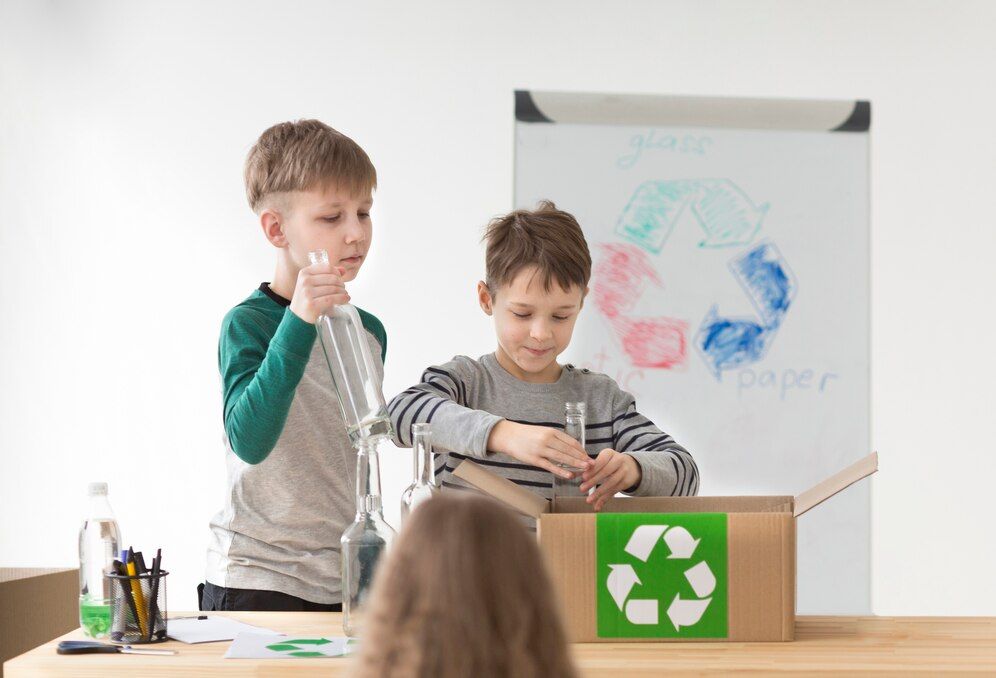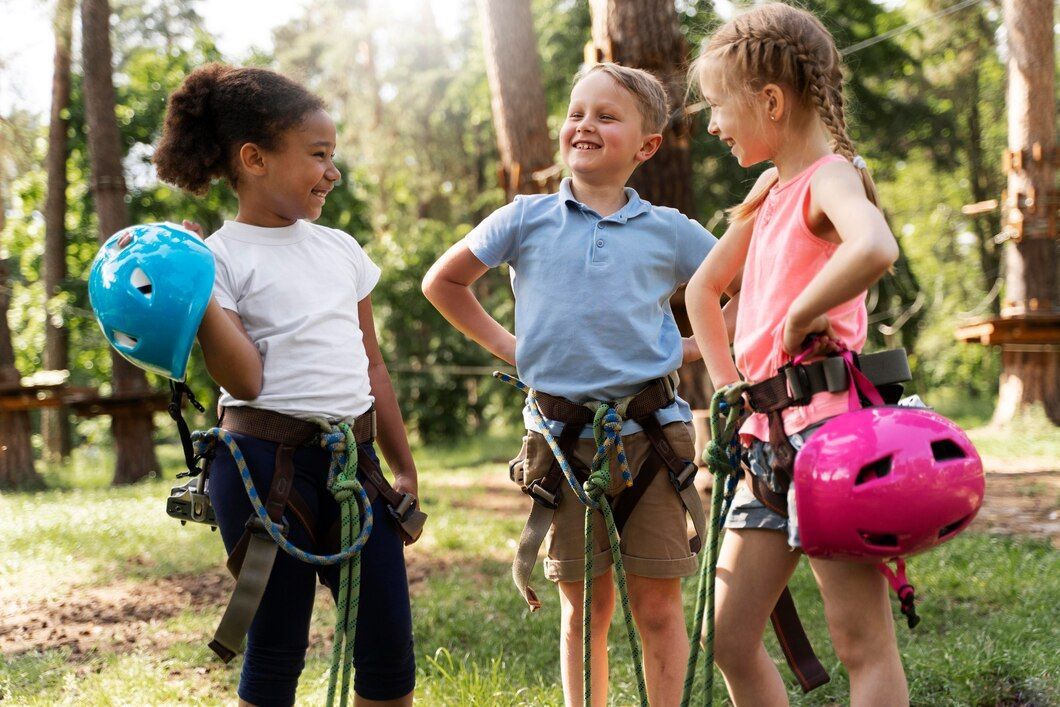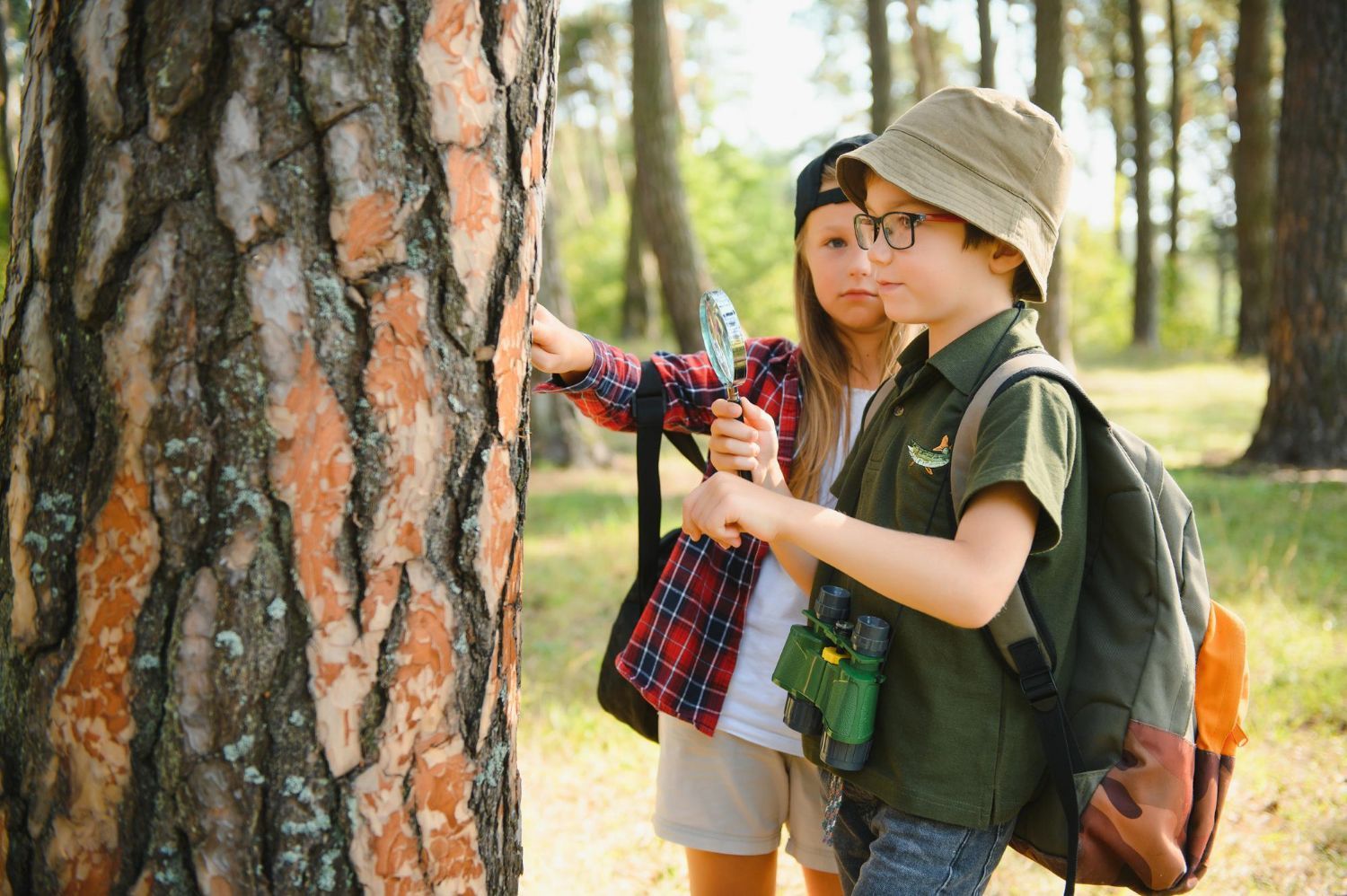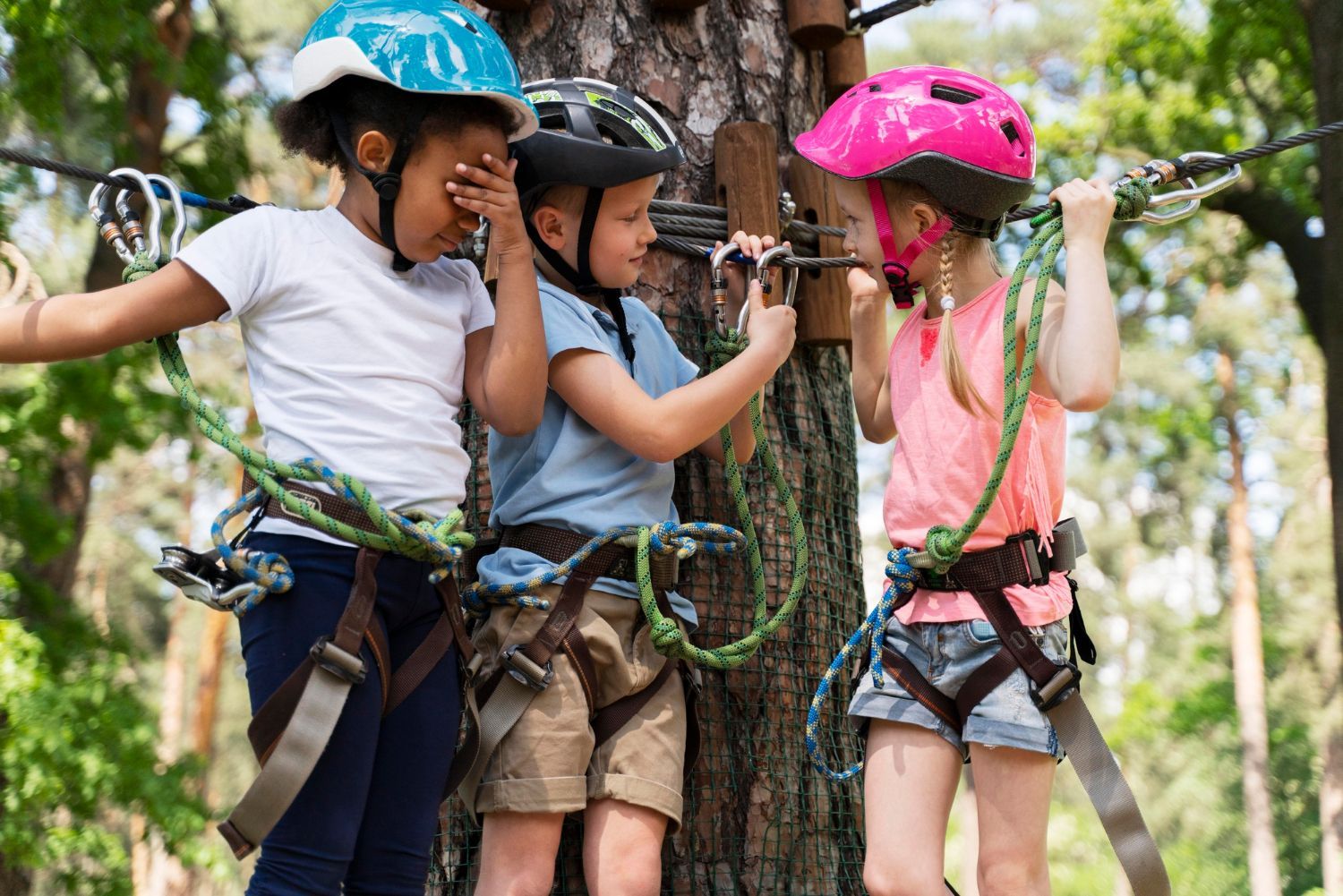732-946-1665
257 Highway 79, Morganville, New Jersey
Mastering Practical Life Skills - A Key to Montessori Learning Success
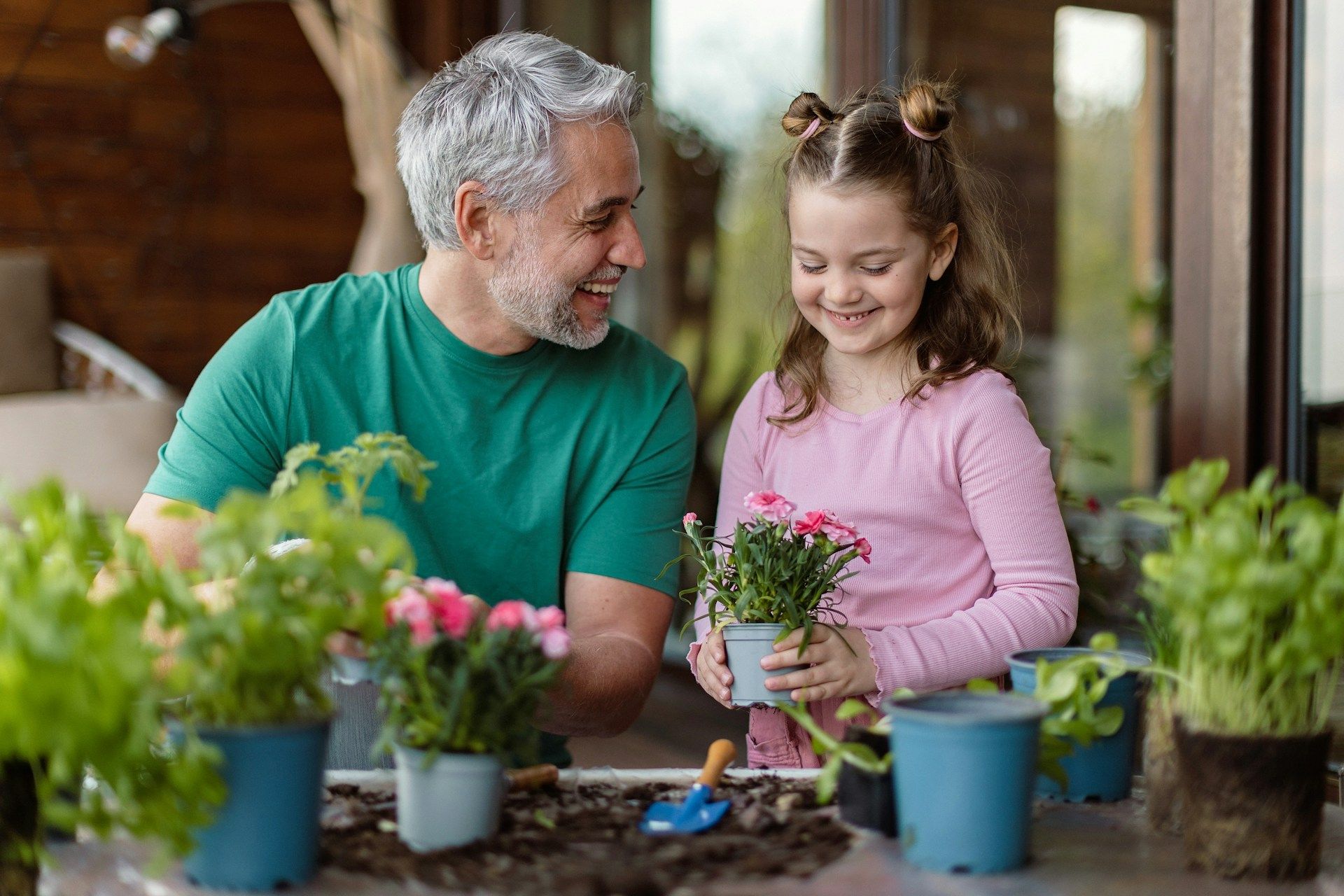
In the Montessori educational approach, the emphasis on developing practical life skills is a key pillar that sets it apart from conventional educational methodologies. Practical life skills encompass various activities that children engage in daily, teaching them essential self-care, household responsibilities, and social interactions. At Marlboro Montessori Academy, we passionately believe in the power of these skills to build a strong foundation that fosters independence, self-confidence, and a sense of responsibility in our students.
In this article, we will delve into the various aspects of practical life skills within Montessori education, exploring their significance in nurturing a child's holistic development. We will discuss the core components of practical life in a Montessori environment, which include care of self, care of the environment, grace and courtesy, and coordination and control of movement. Furthermore, we will examine the connections between practical life skills and the development of fine motor skills, concentration, problem-solving abilities, and social competence.
Join us as we unveil the essential role practical life skills play in shaping your child's success and well-being in a Montessori learning environment.
Core Components of Practical Life Skills in Montessori Education
To understand the unique approach Montessori education takes towards practical life skills, it is essential to explore its four key components. These components embody the fundamental principles that guide the learning objectives and experiences in Montessori classrooms.
1. Care of Self
Care of self refers to the various activities that pertain to personal hygiene, grooming, and dressing. Children are encouraged to master essential skills like tying their shoes, brushing their teeth, and washing their hands. Developing these skills fosters a sense of independence and self-sufficiency.
2. Care of the Environment
Promoting environmental responsibility, Montessori students actively participate in daily tasks such as setting the table, watering plants, and cleaning up their workspace. These responsibilities instill an appreciation for their surroundings and a sense of accountability for contributing to a well-organized environment.
3. Grace and Courtesy
Grace and courtesy encompass the social skills and etiquette that facilitate positive interactions with others. By understanding basic manners, such as saying please and thank you, and recognizing personal boundaries, children develop empathy and respect towards others in their community.
4. Coordination and Control of Movement
This component focuses on activities that develop fine and gross motor skills and support body awareness. Through exercises and tasks requiring precision and control, children improve coordination and self-discipline.
The Connection between Practical Life Skills and Holistic Development
The intentional focus on practical life skills in the Montessori curriculum contributes immensely to a child's holistic development, addressing cognitive, social, emotional, and physical growth. Let's explore how these practical skills influence various aspects of a child's development.
1. Fine Motor Skills Development
Engaging in practical life activities, such as spooning beans or threading beads, enhances a child's fine motor skills by strengthening muscle control and hand-eye coordination. These skills lay a foundation for later academic success in areas like writing and drawing.
2. Enhancing Concentration and Focus
Working on practical tasks inevitably helps children develop their ability to concentrate and focus. By engaging in purposeful activities that require patience, persistence, and attention to detail, children improve their overall cognitive functioning and learn to complete tasks with a sense of accomplishment.
3. Empowering Problem-Solving Skills
Practical life activities inherently involve problem-solving situations, fostering critical thinking, creativity, and resourcefulness. As children navigate and master everyday tasks and challenges, they develop the skills and confidence needed to tackle more complex situations in the future.
4. Cultivating Social Competence and Emotional Intelligence
Engaging with peers in collaborative, hands-on activities, children in Montessori classrooms develop social competence, communication skills, and empathy. The practical life curriculum emphasizes the importance of cooperation, respect, and mutual understanding, providing a strong foundation for healthy relationships and emotional well-being.
Incorporating Practical Life Skills at Home
To truly reap the benefits of Montessori's practical life skills education, parents can incorporate these principles into their child's daily routine at home. Here are some strategies to create a Montessori-inspired environment that nurtures the development of practical life competencies.
1. Set Up a Child-Friendly Home Environment
Designate specific spaces for activities, provide child-sized furniture and tools, and ensure that materials are easily accessible. Encourage autonomy by implementing organization systems that help your child understand where items belong and foster a sense of ownership over their space.
2. Encourage Self-Care and Independence
Support your child in practicing self-care activities like getting dressed, brushing their teeth, and preparing simple meals. Provide necessary tools and resources, and patiently guide them as they build their skills and confidence.
3. Assign Age-Appropriate Chores and Responsibilities
Involve your child in age-appropriate household tasks like helping with laundry, setting the table, or watering plants. These activities contribute to their sense of purpose, responsibility, and connection to their environment.
The Lasting Impact of Practical Life Skills in Montessori Education
By emphasizing practical life skills, Montessori education cultivates a generation of well-rounded, independent, and self-reliant individuals. The hands-on, experiential approach to teaching these foundational skills enables children to build essential competencies and prepare for success in all areas of life.
At Marlboro Montessori Academy, we are dedicated to providing an enriching and empowering environment where your child thrives as they master practical life skills. Through our carefully crafted Montessori curriculum, students develop the confidence, self-discipline, and adaptability needed to navigate the world with grace and resilience. Embark on a transformative journey with your child and discover the lasting impact of
Montessori primary education, where practical life skills form the bedrock of lifelong growth, fulfillment, and success.
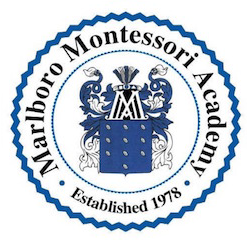
Navigation
Contact Info
Phone Number: 732-946-8887
CAMP: 732-946-2267
Fax Number: 732-946-1665
GPS Address
257 Highway 79
Morganville, NJ 07751
Mailing Address
P.O. Box 272
Wickatunk, NJ 07765
All Rights Reserved
All Rights Reserved | Marlboro Montessori Academy
Marlboro Montessori Academy
Website designed by: NJ Local Marketing
